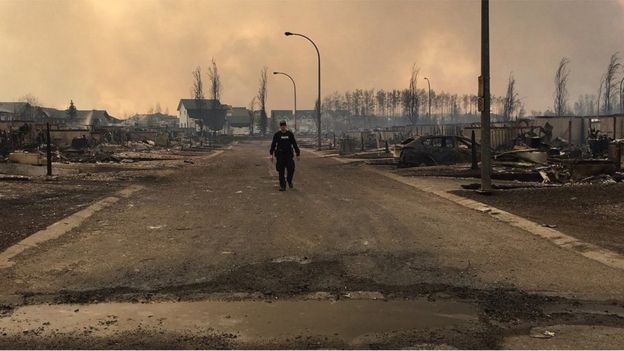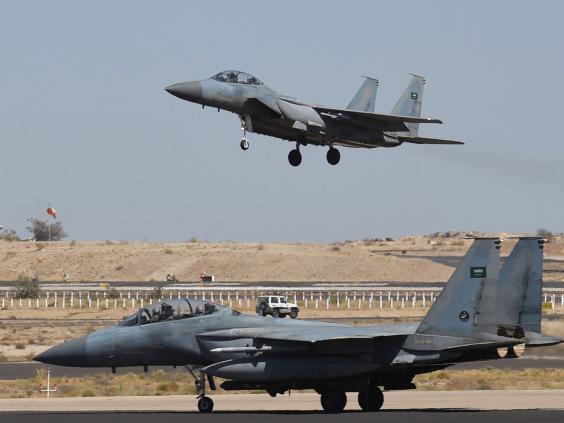Dear readers,
The past two months I have been fighting a serious health condition. At this moment I am almost fully recovered and well off any sort of risk. However, a number of weeks away from work have complicated my calendar, compounding a backlog of things yet to achieve that now impend on the next few months.
As expected in the aftermath of this sort of events the general course of one's life is up for reconsideration. I fell I am now at a critical junction in my career and must carefully weight the next steps. There is a window of opportunity right ahead, that if fully missed might mean an early end to my time as a researcher.
Therefore I took the decision of entailing an extra effort to make the most of my present professional situation and maximise its possible outputs. While research is not all roses, this is definitely the sort of career I wish to follow.
An immediate consequence of this decision is the suspension
sine dia of the press review. As can be guessed by the various gaps in recent times, it has become increasingly difficult to produce a weekly edition. In truth I can no longer guarantee the regularity maintained heretofore.
I myself know very well the disappointing feeling of seeing a regular content stream one got used to going off the air. And for that I present my apologies. However, I can assure this was a well pondered decision.
This is not the end of this blog, writing is to me a matter of necessity. Occasional commentary on the course of events will certainly continue to come, not only on energy but also on the other matters covered in this space.
Here I leave a short list of news sources that I used regularly to prepare the press review:










